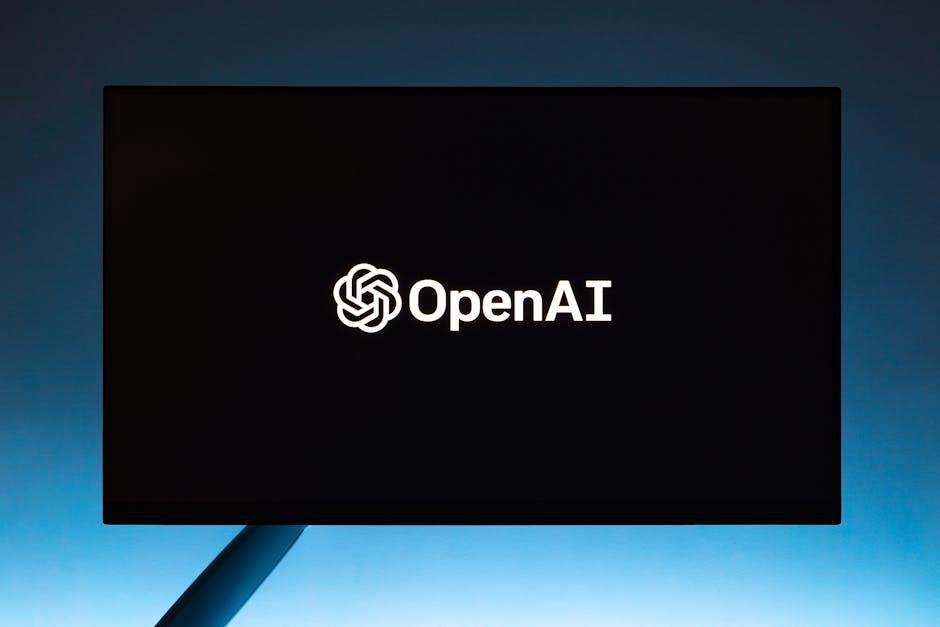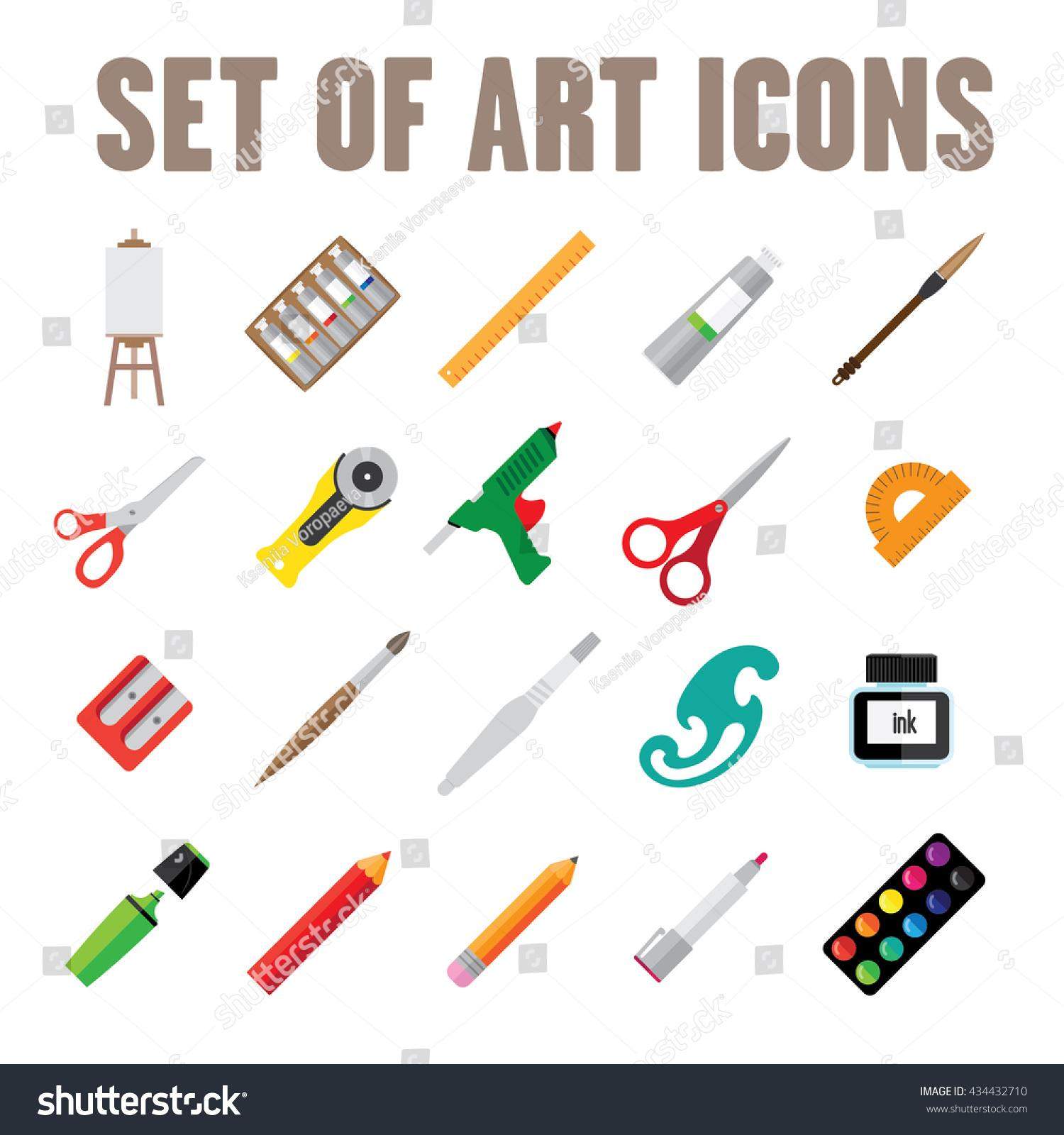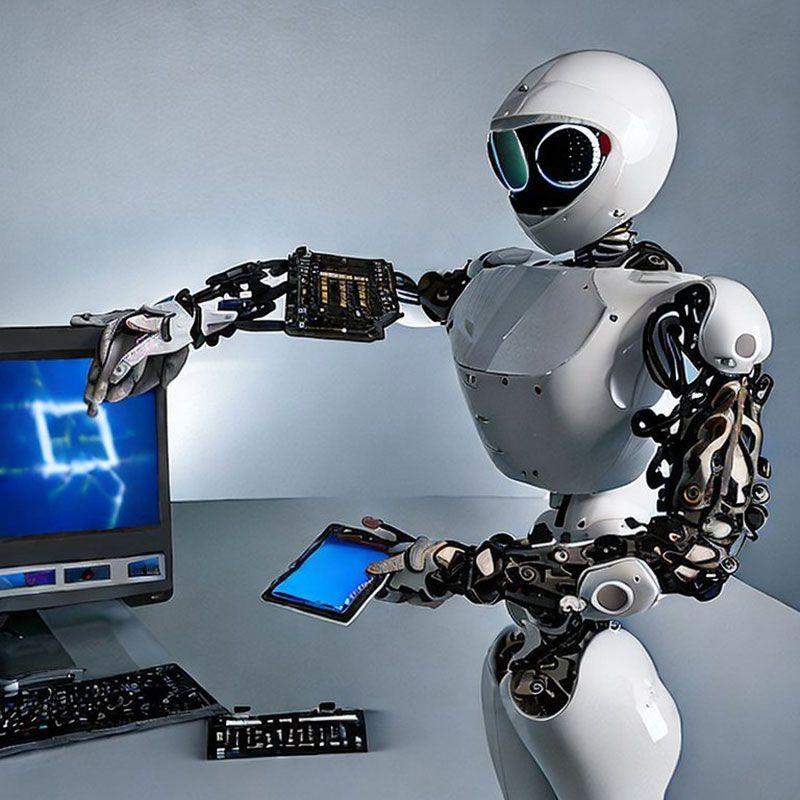In a world where technology and creativity collide, artificial intelligence is not just transforming industries; it’s redefining the very essence of design itself. From fashion to architecture, brands are harnessing the power of AI to push boundaries, streamline processes, and cultivate innovative solutions that were once unimaginable. In this listicle, we dive into the lives of seven groundbreaking brands that are leading the charge in the design revolution, showcasing their unique approaches and the inspiring impact of AI on their work. By exploring these pioneers, you’ll not only gain insight into the exciting ways AI is reshaping the design landscape but also discover how their forward-thinking strategies could inspire your own creative endeavors. Prepare to be captivated by the fusion of technology and artistry in the world of design!
1) DALL-E – This groundbreaking AI model by OpenAI has transformed the world of creativity by generating compelling images from textual descriptions. DALL-E empowers designers and artists alike to visualize concepts instantaneously, tearing down traditional barriers in the design process and opening up new avenues for creative exploration
In a world where creativity often clashes with the constraints of time and resources, revolutionary advancements like DALL-E have emerged as game-changers. By converting textual descriptions into stunning visual representations, this AI model allows artists and designers to bypass traditional creative bottlenecks. Imagine typing a phrase like ”a whimsical forest filled with glowing mushrooms” and instantly receiving a unique and intricate image. This capability empowers creatives to explore endless possibilities without the limitations typically posed by skill or material constraints.
By integrating DALL-E into their workflows, professionals can enhance their project development in numerous ways:
- Rapid Ideation: Quickly generate multiple visual options for brainstorming sessions.
- Inspiration Source: Draw from an extensive palette of AI-generated images to fuel artistic imagination.
- Accessibility: Empower non-experts to visualize concepts that they might struggle to illustrate manually.
This new paradigm not only democratizes the creative process but also promotes collaboration across disciplines, as designers can share and adapt AI-generated works in real time.

2) Runway ML – Known for its cutting-edge tools for video editing and motion graphics, Runway ML is bridging the gap between technology and design. By harnessing the power of machine learning, it allows users to create stunning audiovisual content with unprecedented ease, enabling designers to elevate their projects through AI-assisted enhancements and functionalities
Runway ML is transforming the realm of audiovisual creation by uniting artistry with advanced technology. With an intuitive interface, it empowers creators to leverage machine learning without the typical barriers associated with complex software. Key features like real-time collaboration and AI-powered effects make it a go-to platform for designers looking to push the boundaries of their projects. Users can choose from a variety of tools, including:
- Background Removal: Effortlessly eliminate backgrounds from videos, allowing for seamless integration into new environments.
- Image Generation: Create unique visuals based on user-defined parameters, presenting endless creative possibilities.
- Motion Tracking: Automate the tracking of moving objects, making intricate edits straightforward and efficient.
What sets Runway ML apart is its emphasis on accessibility, making sophisticated tools available to both experienced professionals and enthusiastic novices. By incorporating AI-enhanced workflows, users can focus more on creativity rather than the technical constraints of traditional editing software. A glimpse at its features showcases:
| Feature | Description |
|---|---|
| Text to Video | Create short videos based on textual prompts. |
| Style Transfer | Apply artistic styles to your videos seamlessly. |
| Video Inpainting | Fill in missing or damaged parts of videos effortlessly. |

3) Canva – Canva has made design accessible to everyone, and its integration of AI features has taken this mission further. With tools that suggest layouts, color schemes, and design elements based on user preferences, Canva ensures that even those with no design background can produce professional-grade graphics while saving time and effort in the creative process
Canva has effectively democratized design, making it a go-to platform for anyone looking to create visually appealing graphics without the need for extensive training. With its smart integration of artificial intelligence features, the platform enhances the user experience by learning individual preferences and suggesting personalized elements. Users benefit from advanced tools that offer recommendations for layouts, color palettes, and image choices, ensuring that every design feels uniquely tailored to the creator’s vision.
These AI-powered functionalities not only streamline the creative process but also inspire confidence in users who might have previously felt intimidated by graphic design. Whether you’re crafting a poster for an event or designing social media graphics, Canva’s intelligent suggestions minimize stress and maximize creativity. The platform’s intuitive interface allows for easy drag-and-drop actions, empowering users to experiment freely. Here’s a quick overview of how Canva’s AI features work:
| AI Feature | Description |
|---|---|
| Layout Suggestions | Proposes designs based on the type of project and preferred styles. |
| Color Palette Recommendations | Generates cohesive color schemes based on user selections or industry standards. |
| Element Integration | Suggests icons, images, and illustrations that complement current designs. |

4) Autodesk – As a leader in design software, Autodesk is revolutionizing the architecture and engineering sectors with its AI-driven tools. By offering predictive design capabilities that optimize building performance and sustainability, they empower architects to create innovative and efficient structures that align with modern environmental standards
In the realm of architecture and engineering, Autodesk stands out as a pioneer by integrating artificial intelligence into its design software. Their innovative tools harness the power of predictive design, allowing architects to analyze a variety of factors such as materials, environmental conditions, and usage patterns. This advanced analysis enables the creation of structures that not only meet but exceed modern sustainability standards. As a result, professionals in the industry can make informed decisions that prioritize energy efficiency and environmental responsibility while pushing the boundaries of creativity.
What sets Autodesk apart is their commitment to empowering architects with data-driven insights that inspire groundbreaking designs. By leveraging AI, they streamline the design process and facilitate collaborative workflows, ensuring that every project benefits from enhanced performance and reduced waste. Key features of Autodesk’s AI-driven tools include:
- Real-time performance simulations: Architects can visualize the impact of their designs under various conditions.
- Sustainability assessments: Evaluate materials and building techniques for optimized eco-friendliness.
- Efficiency tracking: Monitor designs to ensure compliance with government regulations and industry standards.
Future Outlook
As we wrap up our exploration of these seven innovative brands revolutionizing design with AI, it’s clear that the fusion of technology and creativity is reshaping the landscape of various industries. Each of these companies embodies a unique approach, harnessing artificial intelligence to enhance, streamline, and elevate their design processes.
From fashion to architecture, the impact of AI is not just about automation; it’s about unlocking new realms of possibility and inspiring designers to think beyond traditional boundaries. As we look to the future, we can anticipate even more groundbreaking advancements that will continue to blur the lines between human creativity and machine intelligence.
The journey of innovation is ongoing, and while we’ve highlighted just a few pioneers today, the potential for AI in design is boundless. We invite you to stay curious and open-minded, as the next wave of transformative ideas is just around the corner. Let’s embrace the possibilities that lie ahead, and celebrate the brands that are courageously pushing the envelope—because in this rapidly evolving landscape, the next revolution could very well come from the most unexpected places. Thank you for joining us on this journey of discovery!




